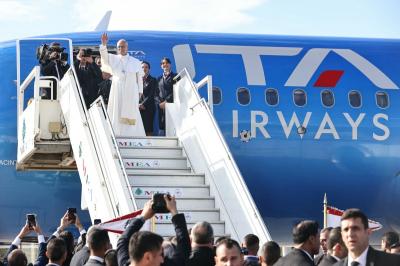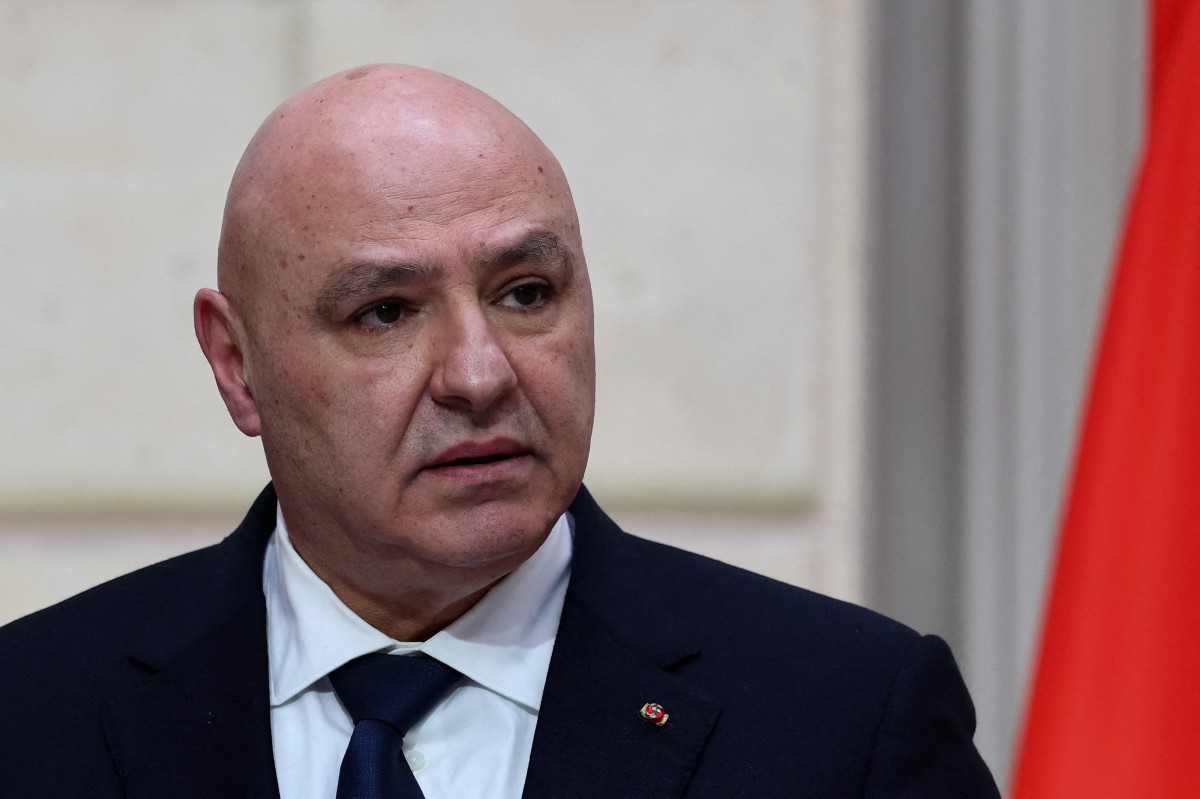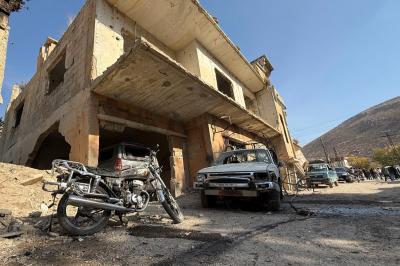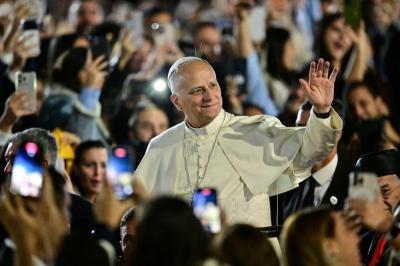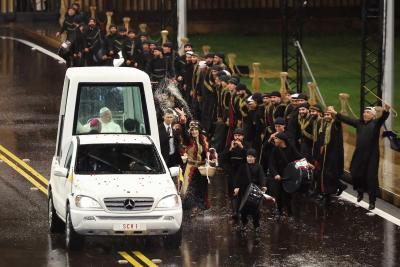What was once a recurring phrase in government programs and presidential speeches—placing all weapons under state control—is now turning into political action. Under the leadership of Prime Minister Nawaf Salam and President Joseph Aoun, Lebanon’s effort to reclaim state sovereignty over arms is moving from rhetoric to reality.
Two parallel paths are now emerging:
- A direct “dialogue on weapons” between the presidency and Hezbollah leaders.
- Cabinet-level discussions to start during today’s session at the Presidential Palace.
Two firm boundaries frame this evolving dynamic:
- A fixed timeline to disarm non-state actors.
- A practical framework for integrating or demobilizing armed fighters.
President Aoun has committed to a hard deadline: by the end of 2025, all weapons must be in the hands of the Lebanese state. This aligns with the demands of sovereign political forces, which called for a six-month deadline, and with pressure from the U.S., Arab states, and the broader international community for swift action.
Given the extensive Hezbollah arms depots scattered from south of the Litani River to the southern suburbs of Beirut, the Bekaa Valley, and parts of Mount Lebanon, dismantling these arsenals will take time. The Lebanese army has already shown significant progress, especially since the cessation of hostilities on November 27, 2024.
President Aoun recently told Al Jazeera and Al-Araby Al-Jadeed (The New Arab) that the issue of armed fighters will be addressed through a broader “national security strategy”—not the old “defense strategy” debated in past dialogue tables between 2006 and 2012.
This strategy designates Lebanon’s defense as the exclusive responsibility of the army and security forces, under the sole command of the constitutional authorities. Article 49 of the Constitution is clear: the President is the supreme commander of the armed forces, which are accountable to the Council of Ministers. There is no room for parallel armed groups or militia partnerships.
In this light, previously proposed models—such as integrating Hezbollah units into the army, forming auxiliary brigades, or replicating Iraq’s Popular Mobilization Forces—are off the table. Instead, the president suggested that vetted Hezbollah members may be individually recruited into the army, similar to how other militias were dissolved and absorbed post-Taif Accord.
Still, this transition is expected to be far more complex. Hezbollah's fighters have undergone intense ideological indoctrination, with loyalty pledged to Iran’s Supreme Leader and slogans like “Weapons protect weapons,” “One front,” and “The martyr on the road to Jerusalem.” The most recent creed proclaims the arms are entrusted to the “awaited Mahdi.”
To preserve the military’s doctrinal integrity and national identity, any integration will be tightly controlled to avoid the infiltration of foreign ideologies.
The proposal has sparked open defiance from Hezbollah’s more militant wing. Some of its leaders responded to President Aoun’s plan with warnings—echoing a notorious statement by former Secretary-General Hassan Nasrallah: “Any hand that reaches for our weapons will be cut off.”
Just yesterday, senior Hezbollah official Mahmoud Qomati reaffirmed this position in two interviews, rejecting the disarmament timeline and insisting that “the resistance’s weapons” remain integral to any defense doctrine.
Whether this rejection is meant to extract concessions from the presidency and cabinet, or simply a delaying tactic until U.S.-Iran nuclear talks conclude, is unclear. But either way, the direction is set.
As government leaders have made clear, “the decision has been made.” Domestic and international consensus is growing, and scrutiny over arms smuggling routes is tightening. As a Lebanese proverb puts it: “Any well with no water eventually dies”.
Even within the Shiite political camp, pragmatists recognize the inevitability of the process. They’ve begun to accept army-led operations to seize weapons and clear tunnels—not just in southern Lebanon, but beyond the Litani and in various strongholds across the country.
Betting on Iran’s return to dominant influence in Lebanon appears increasingly futile. Tehran is now negotiating to save its regime and ease sanctions in exchange for compromises on its nuclear program, missiles, and regional proxies.
What remains for Hezbollah’s hardliners is to heed the wisdom of moderation—adopting the cool-headed logic of spring before the heat of summer sets in.
Please post your comments on:
[email protected]
 Politics
Politics
